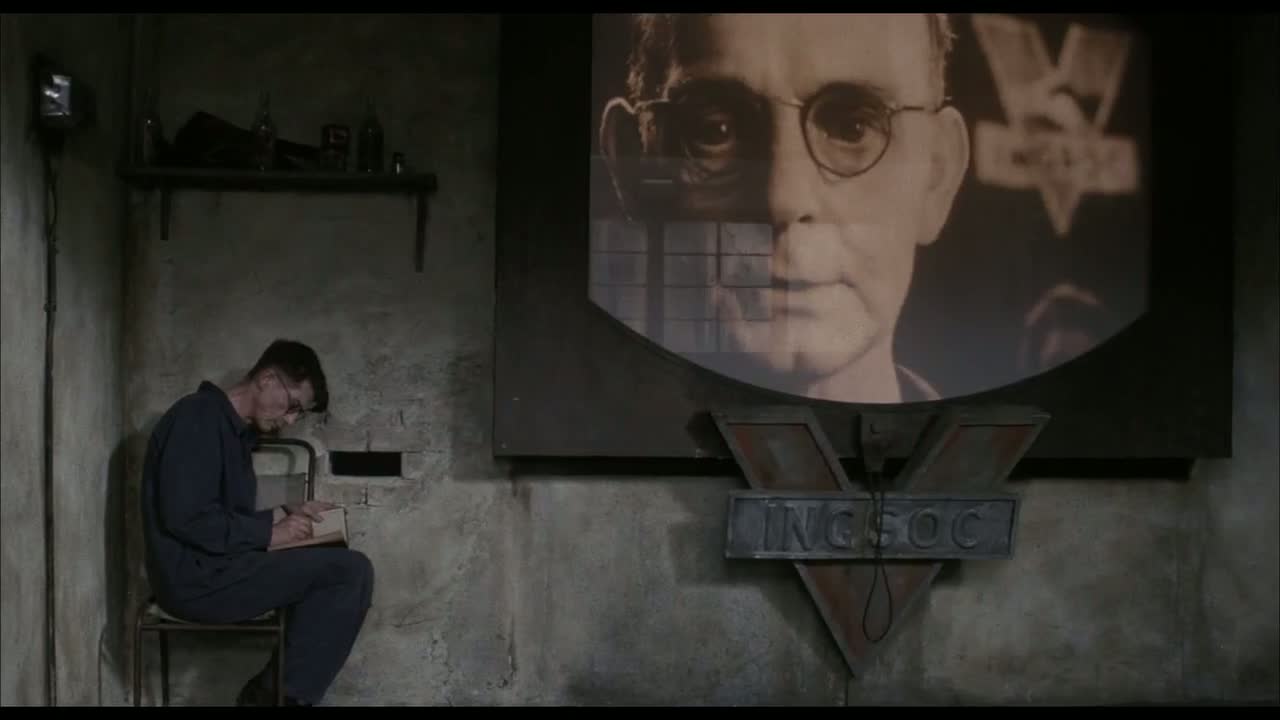I was a little apprehensive going into The Penny Seats Theatre Company’s performance of The Turn of the Screw, this Thursday at the First Congregational Church of Ann Arbor. I had just recently finished reading the book version of The Turn of the Screw, by Henry James, and I had no idea of what to expect in terms of seeing it done on the stage — especially since I knew the production was only going to involve two actors.
When the lights went out at the beginning of the production and the church filled with the eerie voices of children singing, I already knew it was bound to be a good time. From then on out, in my opinion, the night was a success.
The show featured two actors: Mary Dilworth and Will Myers. Dilworth played the main character, the governess from whose perspective the entire story is told. Myers, very interestingly, played every single other character: the narrator; the handsome bachelor who recruits her to work at his estate; Mrs. Grose, the elderly caretaker of the estate and the governess’s ally; and Miles, the precocious, secretive, and endlessly creepy ten-year-old of whom the governess is charged with taking care. There is a second child, the young Flora, but there is no actor at all for her; her presence is only mimed by the other characters, addressed as thin air.
Considering this, it must be emphasized how impressive both of these actors were. Dilworth played with and cradled the invisible Flora so convincingly that she may as well have actually been there. She played the governess with an enthusiastic, girlish charm that I wasn’t expecting, but found completely believable. Myers, meanwhile, slipped so easily between his roles that it never once managed to come across as confusing, not even when he was given less than a second to transition.
The Turn of the Screw tells the story of the young woman, who is “seduced” into taking the job of the governess at Bly, an isolated estate in the countryside. The strange happenings that follow prompt her to question what happened between the previous governess, Miss Jessel, and the now-deceased gardener, Peter Quint; why Jessel and Quint are dead, and why they now seem to haunt the premises; and what part the innocent-seeming children, Miles and Flora, have to play in all of it. Needless to say, it is a classic ghost story, which means that most of the audience probably came to the church looking to get scared. (At least, I did.) The production did not disappoint–Myers and Dilworth utilized the entire church space, walking between the pews and lurking behind the rows and up in the balconies, so that it came to feel like the play was taking place not just before us, but all around us. The church ended up being the absolute perfect setting for the play, really lending itself to the element of creepiness.
I also really enjoyed seeing the textual changes made between the novel and the play adaptation. There were a lot of elements added–for instance, Miles’s affinity for riddles, and some surprising encounters between Miles and the governess. I won’t spoil everything, but it’s definitely a production worth checking out, especially if you’re looking to get into the spirit of the Halloween season. The Penny Seats Theatre Company will be putting the play on for two more weekends at the First Congregational Church of Ann Arbor, at 8:00 p.m.





